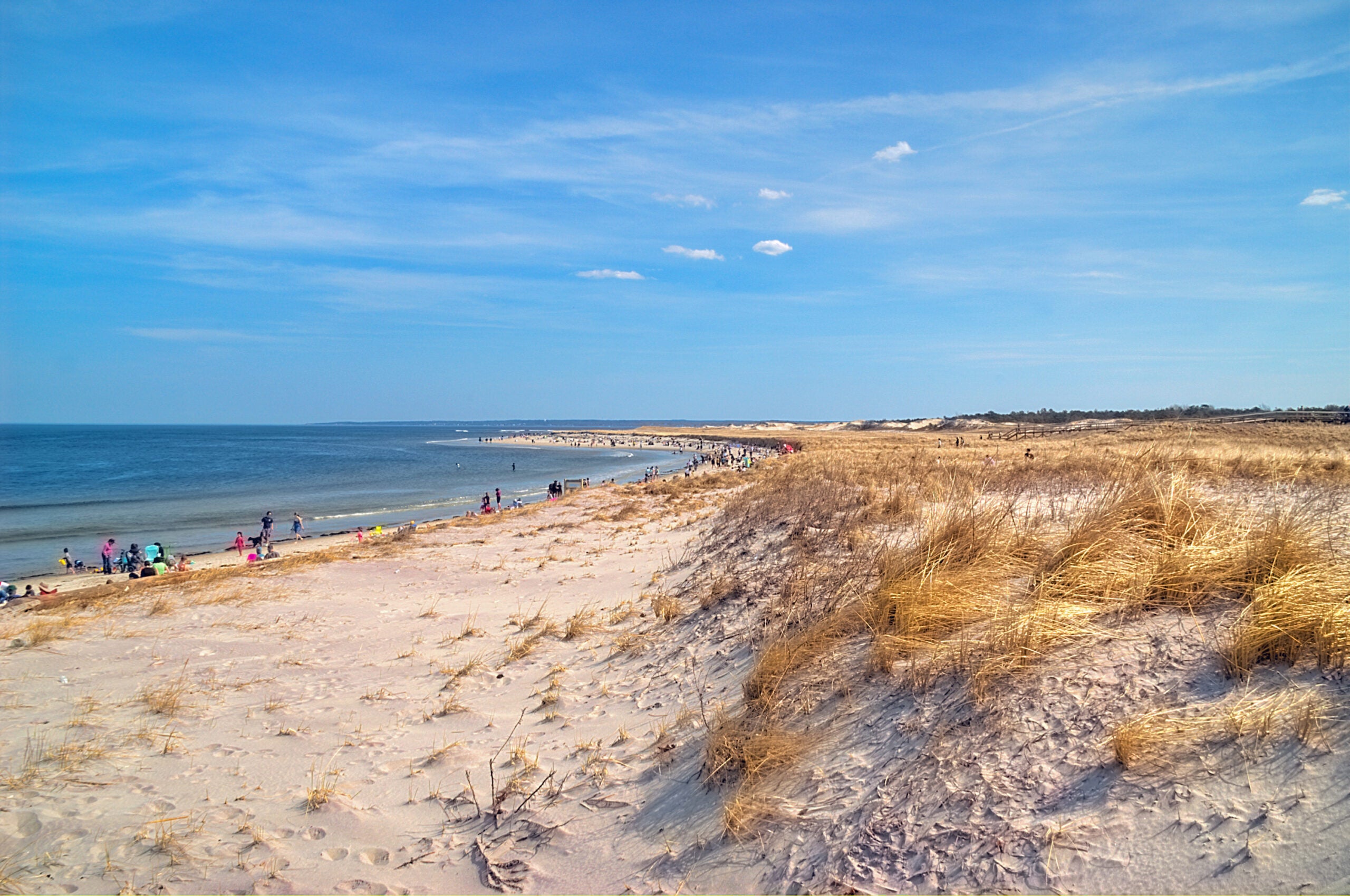Beach Closure Information
Massachusetts beaches closed – Due to the presence of bacteria levels exceeding safety standards, several beaches in Massachusetts have been closed to swimming and other water activities.
The sun-kissed shores of Massachusetts lie vacant, a testament to the lingering threat of COVID-19. Yet, beneath the surface, a different kind of contagion lurks. Like the elusive flirtatious glances exchanged in crowded spaces, the COVID-19 flirt symptoms can be subtle, a whisper of fatigue, a fleeting cough.
As we cautiously venture back to the beaches, let us not forget the invisible dance of flirtation, a reminder of the unseen battle we continue to wage.
The Massachusetts Department of Public Health (DPH) regularly monitors water quality at public beaches throughout the state. When bacteria levels exceed safe limits, the DPH issues a beach closure order to protect public health.
With the Massachusetts beaches closed due to an algae bloom, beachgoers are left to seek alternative forms of entertainment. For those who enjoy shopping, the recent merger of Neiman Marcus and Saks Fifth Avenue has created a new shopping destination in the region.
While the beaches may be closed, the doors of Neiman Marcus Saks remain open, offering a luxurious shopping experience that can help fill the void left by the absence of sun and sand.
Affected Beaches
The following beaches are currently closed in Massachusetts:
- Lynn Beach, Lynn
- Nahant Beach, Nahant
- Revere Beach, Revere
- Wollaston Beach, Quincy
- Savin Hill Beach, Boston
- Constitution Beach, East Boston
- Carson Beach, South Boston
- King’s Beach, Lynn
- Swampscott Beach, Swampscott
- Marblehead Neck Beach, Marblehead
- Salem Willows Beach, Salem
- Beverly Beach, Beverly
- Manchester-by-the-Sea Beach, Manchester-by-the-Sea
- Gloucester Beach, Gloucester
- Rockport Beach, Rockport
Official Statements
The DPH has issued the following statement regarding the beach closures:
“The Department of Public Health is committed to protecting the public health of Massachusetts residents. When bacteria levels exceed safe limits, we issue beach closure orders to prevent illness. We urge the public to heed these orders and avoid swimming or other water activities at closed beaches.”
Impact on Beachgoers and Tourism: Massachusetts Beaches Closed

The closures have significantly impacted beachgoers and their activities. Many had planned trips and vacations centered around enjoying the beaches, only to find them closed. This has led to disappointment, frustration, and a disruption of their summer plans.
The closures have also had a substantial economic impact on local businesses and tourism. Many businesses rely on beachgoers for their income, including restaurants, hotels, and shops. The closures have resulted in a loss of revenue and reduced employment opportunities for these businesses.
Public reactions to the closures have been mixed. Some beachgoers have expressed understanding and support for the closures, recognizing the importance of protecting public health. Others have been critical, arguing that the closures are unnecessary and overly restrictive.
Environmental Factors and Safety Concerns

The beach closures in Massachusetts were prompted by a combination of environmental factors and safety concerns. These include:
Water Quality, Massachusetts beaches closed
Water quality testing revealed elevated levels of bacteria, including E. coli and Enterococci, in the affected areas. These bacteria can cause a range of illnesses, including gastrointestinal issues, skin infections, and respiratory problems.
Algae Blooms
Harmful algal blooms (HABs) have also been detected in some of the closed beaches. HABs can produce toxins that are harmful to both humans and marine life. Symptoms of HAB exposure can include skin irritation, respiratory problems, and neurological issues.
Weather Conditions
Recent heavy rainfall and strong winds have contributed to the beach closures. These conditions can create dangerous rip currents and undertows, making it unsafe for swimming or engaging in water activities.
Ongoing Monitoring and Testing
State and local authorities are conducting ongoing monitoring and testing to ensure beach safety. Water samples are being collected and analyzed regularly to track bacteria levels and HABs. Beach closures will remain in effect until water quality meets acceptable standards and safety concerns are addressed.